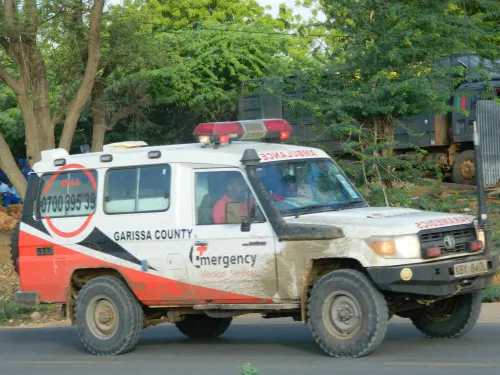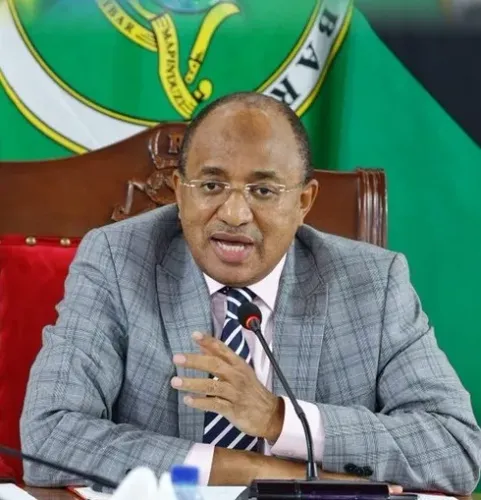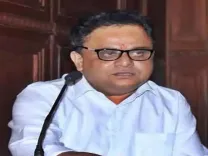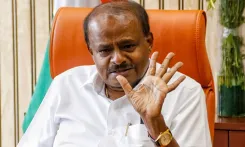Is Trump Restarting US Nuclear Tests After 33 Years?
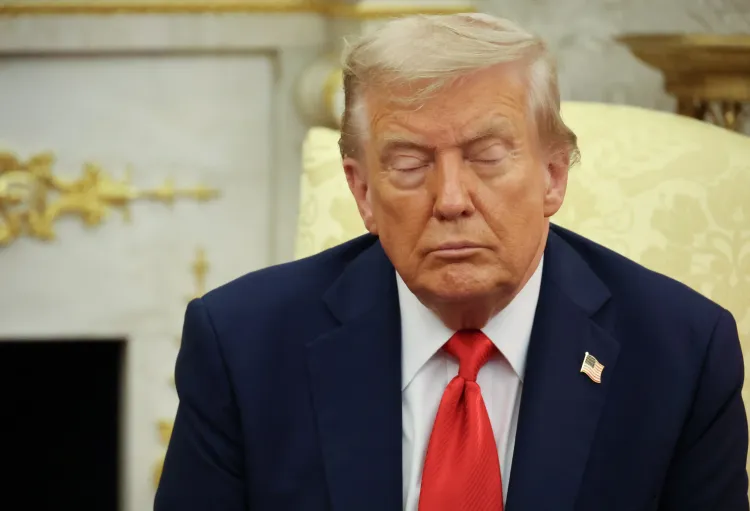
Synopsis
Key Takeaways
- The US will restart nuclear weapon testing after 33 years of restraint.
- Trump cites other nations' nuclear testing programs as the reason for this decision.
- North Korea is currently the only nation that has conducted nuclear tests in recent years.
- The New START treaty between the US and Russia is set to expire soon.
- The US is not a signatory to the Comprehensive Nuclear Test Ban Treaty.
New York, Oct 30 (NationPress) President Donald Trump has declared that the US will commence nuclear weapon testing immediately, marking a significant departure from 33 years of self-imposed restraint. Just hours before his scheduled meeting with China’s President Xi Jinping in South Korea, he shared a cryptic message on Truth Social, stating, “Due to the testing programs of other nations, I have directed the Department of War to initiate nuclear tests on a level playing field.”
He emphasized that “this process will begin immediately.” Trump asserted that the US possesses more nuclear arms than any other nation, attributing this to a “complete upgrade and renovation of existing weapons” during his first term without the need for nuclear tests, as scientists now rely on computer simulations.
He expressed that he had “no choice” but to enhance the US nuclear arsenal, despite his aversion to it, citing that “Russia is second, and China is a distant third, but will catch up within five years.” However, the rationale behind his announcement was somewhat ambiguous, particularly his reference to “other countries' testing programs.”
Only North Korea has conducted a nuclear test in recent years, which occurred in 2017. No other tests have been held since 1998 when India and Pakistan detonated nuclear devices. The last nuclear test by the US was in 1992, followed by China in 1996 and the Soviet Union in 1990.
France's last test occurred in 1996, while Britain's last was in 1991, conducted at a US facility in Nevada. Both India and Pakistan last tested in 1998.
Trump's trigger for announcing these tests could be linked to President Vladimir Putin of Russia boasting about his nation's recent successful testing of two nuclear-powered systems. On Wednesday, he claimed that a nuclear-powered underwater drone capable of reaching the US west coast had been tested the previous day, stating there were “no ways to intercept” the drone named Posiedon, which is rumored to generate a tsunami effect on its target.
Putin remarked, “There is nothing like this in the world in terms of the speed and depth of this unmanned vehicle — it is unlikely there ever will be.” Additionally, on Sunday, Putin announced the testing of a nuclear-powered cruise missile, clarifying they were not nuclear weapons but systems designed to deliver them.
Trump may also have referred to delivery systems when he mentioned “weapons,” considering that nuclear bombs are developed and tested by the Department of Energy, while the Department of War oversees the delivery mechanisms. The US has the capability to conduct tests as it is not a signatory to the Comprehensive Nuclear Test Ban Treaty, which has not yet come into effect due to the absence of signatures from nuclear nations, including India.
A treaty between Russia and the US that limits nuclear-armed intercontinental missiles to 700 each and deployed weapons to 1,550 is set to expire on February 5. Known as New START, this agreement succeeded earlier Strategic Arms Reduction Treaties (START) and, while it restricted deployed missiles, it did not cap the bombs. Putin has suggested extending these limits for another year while negotiating a new treaty. Notably, China is not part of the New START agreement.

